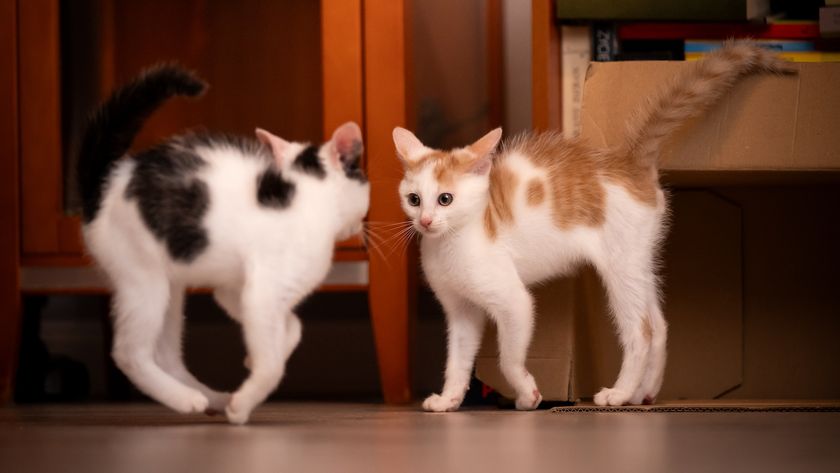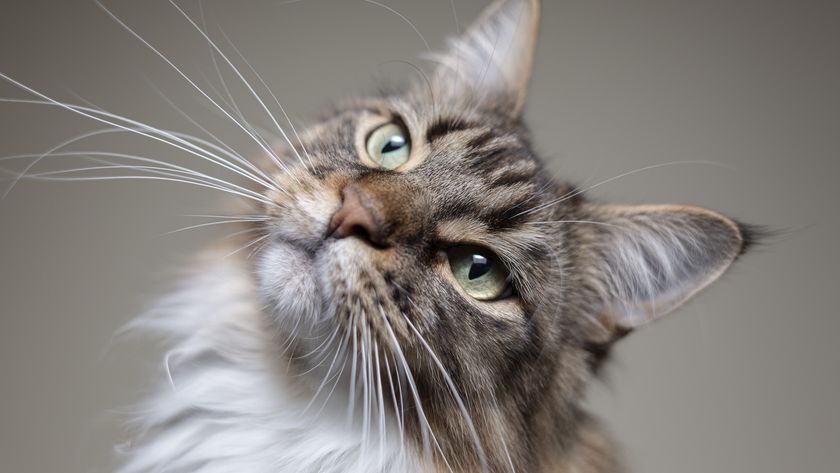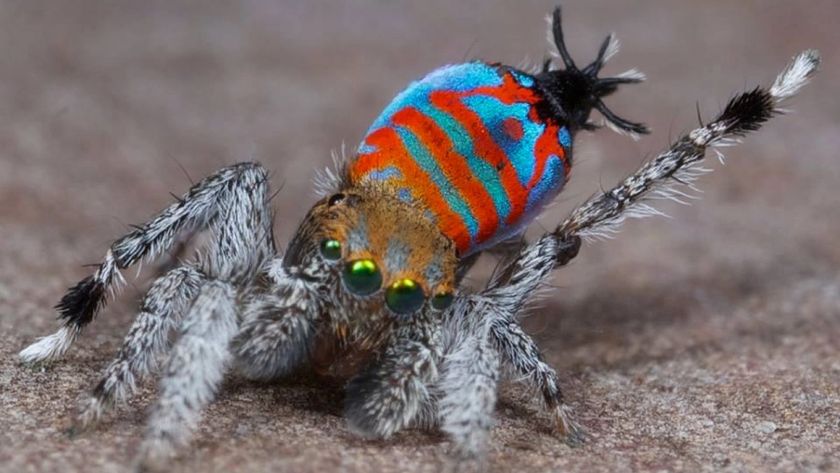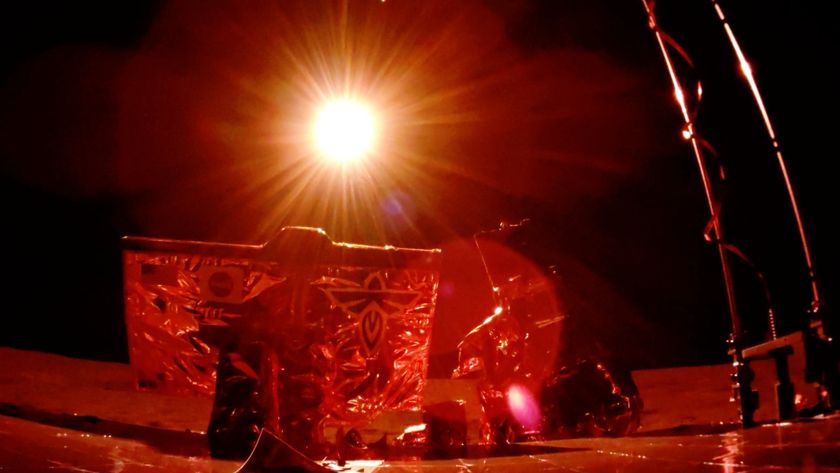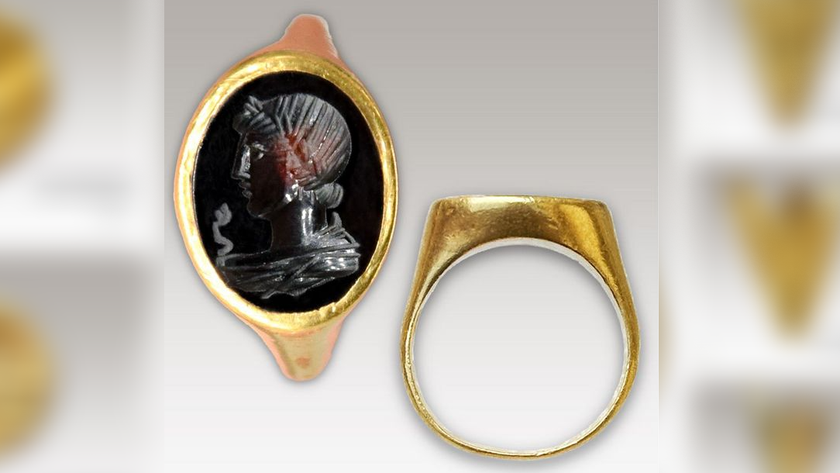Images: Ancient Egyptian Kittens
Hierakonpolis
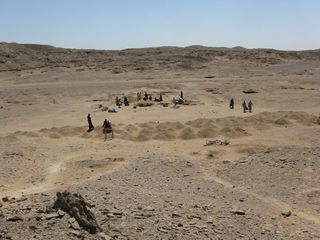
The excavation site at an elite cemetery in the ancient Egyptian city of Hierakonpolis. Among the many animals buried in the cemetery are six newly discovered cats, including four kittens.
Excavating Skeletons
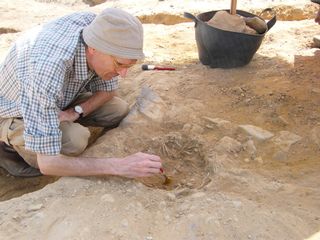
Bioarchaeologist Wim Van Neer excavates a small pit containing 6 cat skeletons at Hierakonpolis.
Cat Skeletons
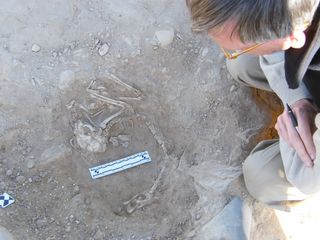
A pit about 20 inches (50 cm) in diameter holds the remains of two adult cats and four kittens.
Cat Close-Up
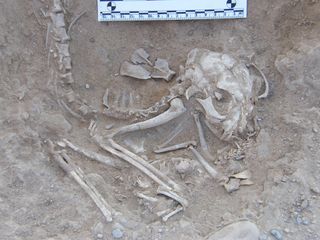
Cat skeletons found in an elite cemetery in Hierakonpolis may have been sacrified and buried as part of some religious ritual.
Felis silvestris
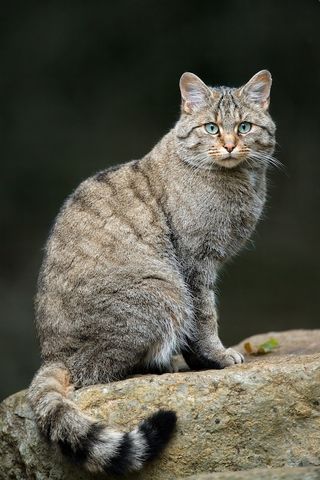
Bone measurements suggest the cats belonged to the species Felis silvestris, the European wildcat shown here. These cats are the likely ancestors of modern housecats.
Mummified Kitten
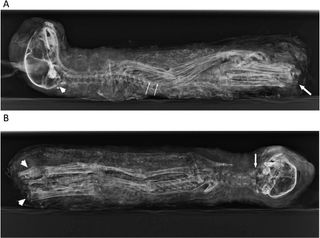
In later periods, cats were an indisputable part of Egyptian life. This mummified kitten dates to between 332 B.C. and 30 B.C. It was likely bred to be sacrificed to the feline goddess Bastet, according to a 2012 study.
Sign up for the Live Science daily newsletter now
Get the world’s most fascinating discoveries delivered straight to your inbox.

Stephanie Pappas is a contributing writer for Live Science, covering topics ranging from geoscience to archaeology to the human brain and behavior. She was previously a senior writer for Live Science but is now a freelancer based in Denver, Colorado, and regularly contributes to Scientific American and The Monitor, the monthly magazine of the American Psychological Association. Stephanie received a bachelor's degree in psychology from the University of South Carolina and a graduate certificate in science communication from the University of California, Santa Cruz.
